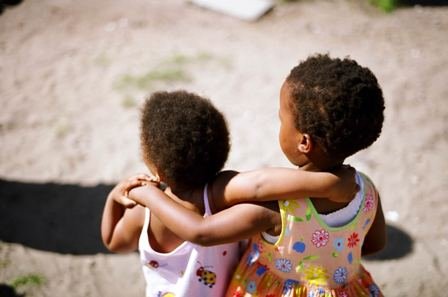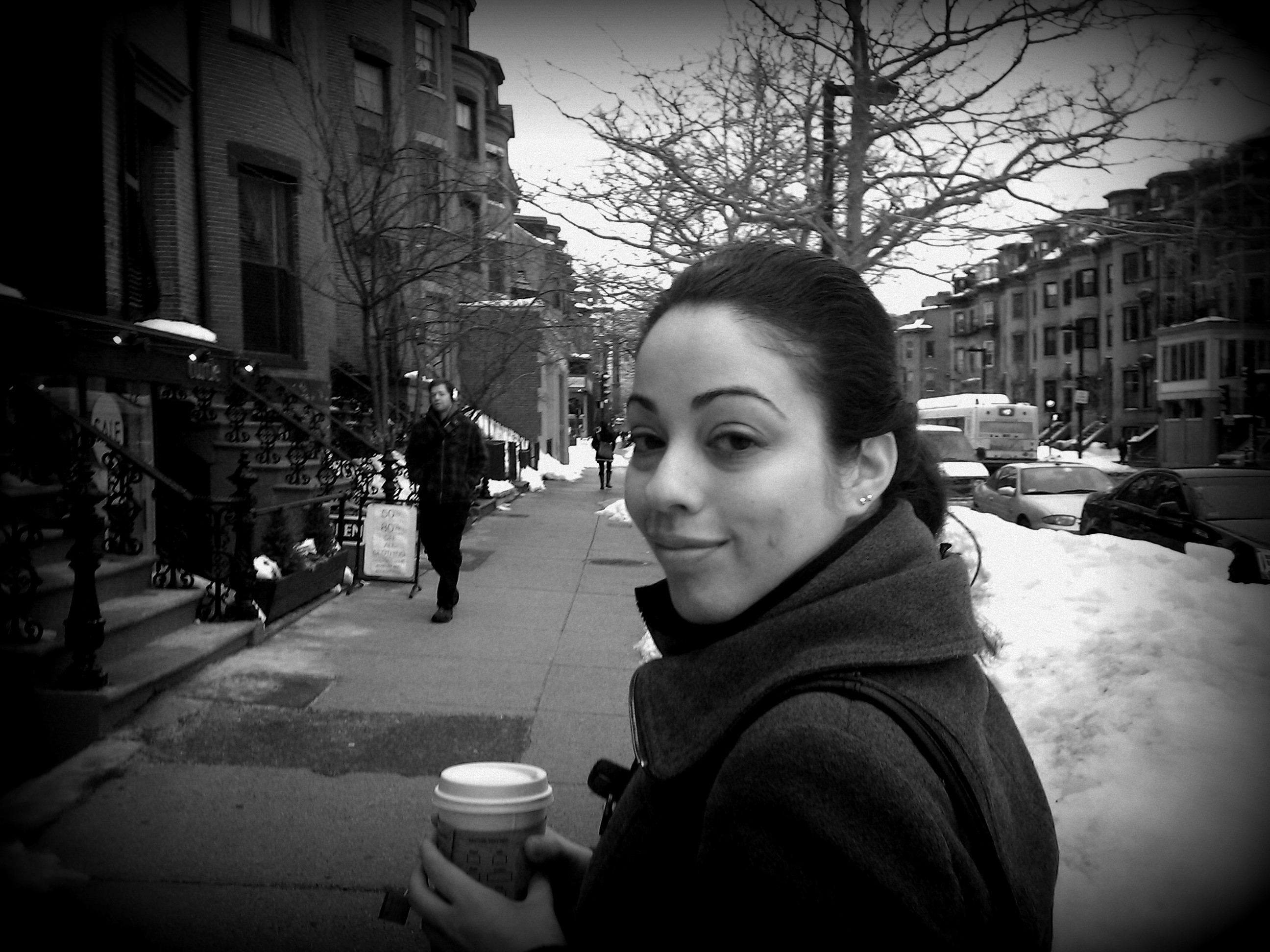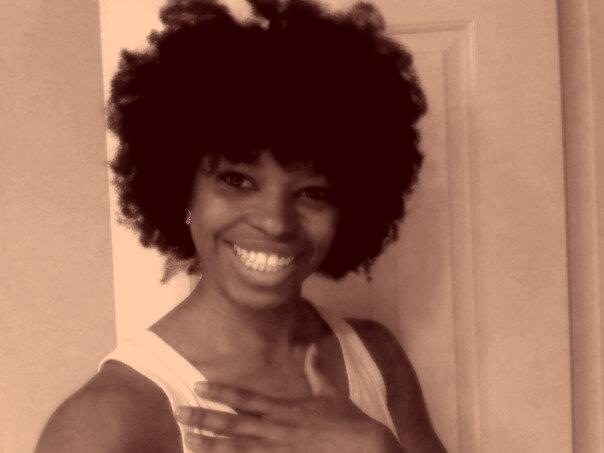Every single time some "boi" makes a sexist joke about bringing in the bacon for "my woman" or a straight dude presumes to know who "wears the pants" in my relationship, or a waiter assumes I'm the one that's paying the bill (even after my femme partner asks for it),…
-
-
It Takes a Village: Fikelela Shelter for Orphans with HIV/AIDS Fosters Community Advocacy
"It takes a village to raise a child" comes to mind when I reflect on my visit. Inspired by a woman's wish to build homes for children orphaned by their mothers dying of HIV/AIDS (and who most likely would end up HIV+ themselves), I expected a hospice when I arrived.…
-
Africans for Africa Project Update: Outreach Means Outside of Your Comfort Zone
#AfricansforAfrica Update: I’m realizing that many of the non-profits I’m visiting are in some very remote areas and it’s going to take more $$ than I imagined to get to them. It’s funny, no matter how much you plan and budget, you can never anticipate the true cost of living…
-
A Love Poem to Say Goodbye: Things I Didn’t Know I Loved
A parting poem from my beautiful partner. She read this at my goodbye party last weekend, and wanted me to share it with all of you. As she has dedicated this to me, I dedicate this to everyone who loves an activist, who gives them sustenance when they are running…
-
Blog - Gender and LGBT Issues - Guest Posts - Love Is My Revolution - Special Series - The Political, Personalized
Lessons Learned from a Straight African Woman: Homophobia is UnChristian
Love Is My Revolution: A few weeks ago, I shared a short photo essay about my best friend, ChiChi. We'd been estranged for four years due to my sexuality and her Christian faith. Recently, we reunited to find our friendship changed for the better. Given the ongoing battle between religion…
Online rulet oyunları gerçek zamanlı oynanır ve online slot casino bu deneyimi canlı yayınlarla destekler.
Bahis sektöründe adından sıkça söz ettiren Bettilt kaliteyi ön planda tutuyor.
Adres engellerini aşmak isteyenler için pinco casino bağlantısı çözüm oluyor.




